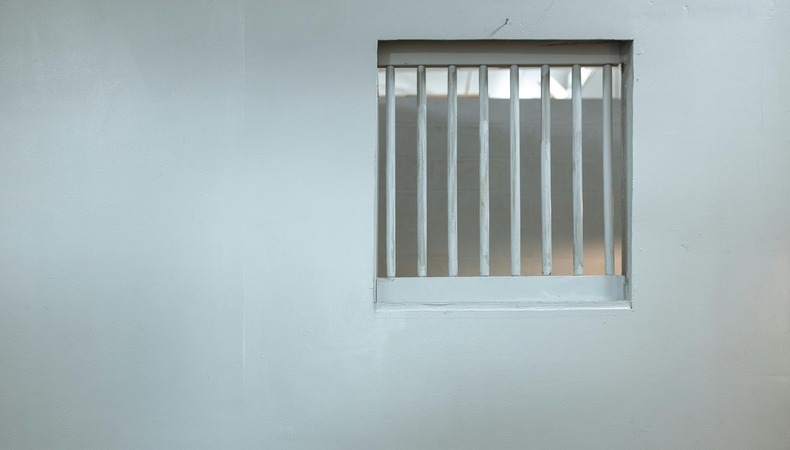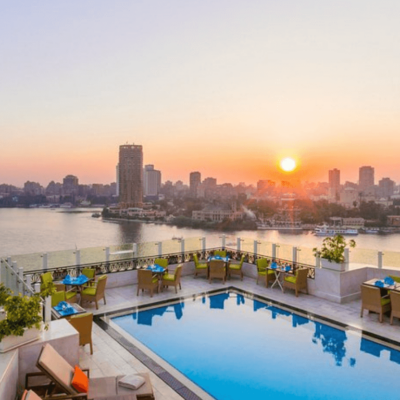Egypt Extends Alaa Abd El-Fattah’s Prison Sentence Amid International Pressure

Even after Alaa Abd El-Fattah, one of Egypt’s most well-known political detainees, finished a five-year term set to expire on Sunday, Egyptian officials have refused to let him be released Rather, the authorities have doubled his sentence—two more years—which has infuriated many both inside Egypt and abroad. The case of Abd El-Fattah has long been a symbol of the larger fight for human rights in Egypt, where political opposition is sometimes greeted with severe penalties.
A Lengthened Sentence Notwithstanding Release Calls
British-Egyptian campaigner Alaa Abd El-Fattah has spent much of the past ten years behind jail for his candid criticism of Egypt’s government. Handed down for supposedly “spreading false news,” his most recent five-year sentence was meant to signal his release from prison. But Egyptian officials opted to prolong his detention by two more years, surprising his family and supporters. Though the exact causes of this extension are unknown, it is generally accepted as a component of Egypt’s larger political dissension crackdown.
This extension results even though the Egyptian government is under more and more international pressure to free Abd El-Fattah. Concerned about his declining mental and physical condition, a group of 59 civil society organizations released a joint statement last week demanding his quick release. Human rights groups from all around the world joined the alliance to contend that Abd El-Fattah’s ongoing arrest goes against Egypt’s own legal obligations and international human rights norms. But with Egypt’s government keeping its tough posture, these calls have so far gone ignored.
The Personal Toll: Dispersion and Frustration in Families
The family of Abd El-Fattah has suffered greatly from the protracted term. Through public speeches and interviews, his mother Laila Soueif has been a relentless campaigner for the release of her son, therefore bringing attention to his predicament. Soueif recently told Reuters her great annoyance and dissatisfaction at the Egyptian government. “I’m definitely angry, really angry, from the way things are happening, and of course angry about him continuing to be imprisoned,” she said. Soueif then underlined the unfairness of her son’s imprisonment, pointing out that Abd El-Fattah had lately spent almost ten years behind prisons, including a five-year term.
“I never expect good things,” Soueif said, her voice somewhat resigned. For her, promises broken and recurring disappointments define her fight for her son’s freedom. She and the rest of Abd El-Fattah’s family have stayed unwavering in their demands of justice, nonetheless. Mona Seif, his sister, has also been a strong supporter, keeping his situation under public attention by means of social media and interviews.
A More General Fight for Egyptian Human Rights
Alaa Abd El-Fattah’s detention fits a far more general pattern of repression in Egypt, where hundreds of political detainees lie imprisoned. Targeting activists, reporters, and opposition leaders, the Egyptian government has ramped down political dissent since President Abdel Fattah el-Sisi took office in 2014. Tens of thousands of people, according to human rights organizations, have been imprisoned for political reasons; many of them bear allegations like those leveled against Abd El-Fattah—such as “spreading false information” or “inciting unrest.”
For years, Abd El-Fattah has been among the most well-known members of Egypt‘s activist movement; his detention has attracted much worldwide notice. His works, which combine political theory with personal introspection, have made him a major player in the Egyptian freedom and democracy movement. Many believe that his detention reflects the will of the Egyptian administration to crush opposition at whatever means.
The decision of the Egyptian authorities to increase his term has only heightened worries about the human rights situation of the nation. Among others, Human Rights Watch and Amnesty International have denounced the extension as blatantly violating Abd El-Fattah’s rights. Given his dual citizenship, the international community—including the British government—has also been loud in advocating his release. Egypt’s administration, apparently unconcerned by the mounting pressure, has thus so far turned away these appeals.
Looking Ahead: Abd El-Fattah What Next?
Abd El-Fattah starts another two years in prison, and his family and supporters are left wondering about the future. The Egyptian leadership seems not ready to give in to outside pressure, even as the global uproar keeps rising. The story of Abd El-Fattah has become symptomatic of the larger human rights situation in Egypt, as political detainees endure extended confinement and their families are left in continual suffering.
Alaa Abd El-Fattah is still imprisoned right now, but his family and supporters keep battling for his release. Hoping that one day the pressure will be sufficient to guarantee his liberation, his mother Laila Soueif and his sister Mona Seif remain committed to have his tale known to the public. As Laila Soueif noted in her most recent interview, nevertheless, “I never expect good things.” Though years of disappointment temper hope for the family of Egypt’s most well-known political prisoner, the quest for justice is now as vital as ever.




